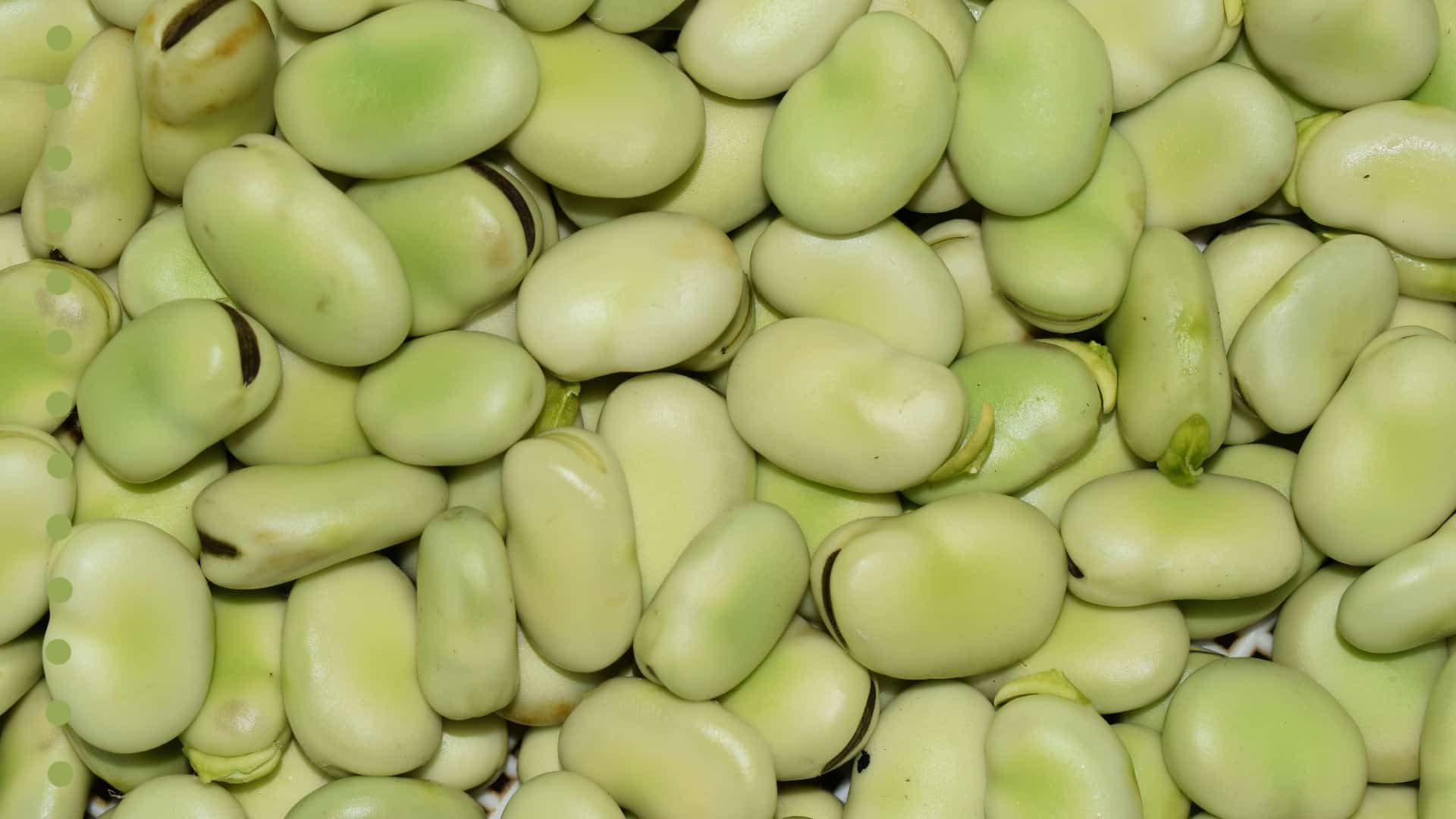What is molybdenum?
Molybdenum is an essential trace mineral that occurs naturally in foods and is available in supplements. It is a component of four different enzymes in the body that help break down proteins, alcohol, drugs, and toxins.
The body uses molybdenum to process proteins and genetic material like DNA. It also helps break down drugs and toxic substances that enter the body. Molybdenum-containing enzymes also break down purines and sulfites. Purines are compounds metabolized from food that form uric acid which, in elevated levels, is a risk factor for gout. Sulfites are a preservative added to certain foods to maintain color and shelf-life. Molybdenum is stored in the liver, kidneys, and bone. The kidneys efficiently remove excess amounts in the body if not needed.
Molybdenum Benefits
- Breaks down drugs and toxic substances
- Enables enzyme function
- Processes proteins and genetic material
How much molybdenum do you need per day?
Average daily recommended amounts are listed below in micrograms (mcg). 1 milligram (mg) is equal to 1000 micrograms (μg)
- Adult Women: 45 mcg
- Adult Men: 45 mcg
- Pregnant/Breastfeeding Women: 50 mcg
Natural sources of molybdenum
- Legumes, including black-eyed peas, lima beans, peanuts
- Beef liver
- Dairy milk
- Yogurt
- Potato (with skin)
- Fortified whole-grain cereals
- Whole-wheat bread
- Bananas
Learn about molybdenum deficiency symptoms.
Further reading: Harvard School of Public Health, National Institutes of Health (1),(2)
